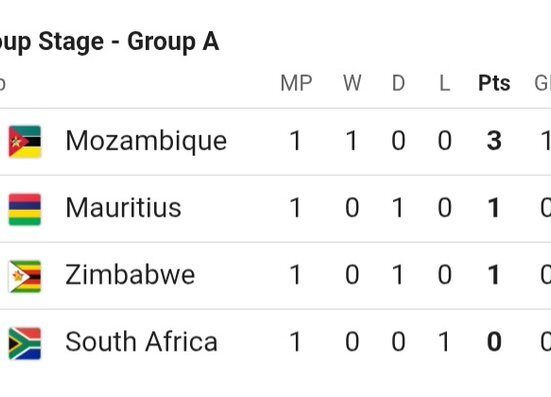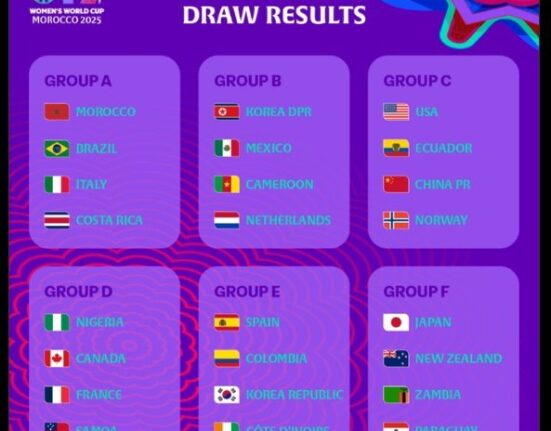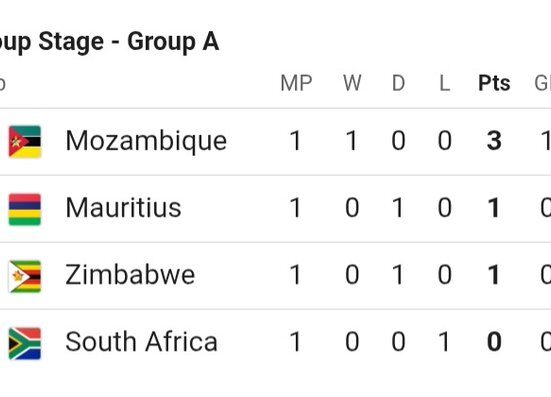Once a bustling hub of steel production, South Korea now faces the looming threat of a 50% tariff on its steel exports to the United States. The country’s industry ministry is scrambling to navigate these turbulent waters, engaging in high-stakes trade discussions with Washington to mitigate the potentially devastating impact on its steel industry.
US President Donald Trump’s recent announcement to double tariffs on imported steel and aluminum has sent shockwaves through global markets, intensifying the ongoing trade war. In response, South Korea’s industry ministry convened an emergency meeting with key players in the steel sector, including industry giants like POSCO and Hyundai Steel.
As news of the impending tariffs spread, South Korean steelmakers saw their stock prices plummet, with companies like POSCO and Hyundai Steel witnessing significant drops in market value. These developments underscore the vulnerability of South Korea’s steel industry in the face of evolving trade dynamics.
South Korea’s position as the fourth-largest exporter of steel to the US highlights the nation’s heavy reliance on international trade partnerships. The imposition of steep tariffs could disrupt longstanding economic relationships and trigger a ripple effect across various sectors.
In a bid to safeguard its economic interests, South Korea, a key ally of the US, has been actively advocating for exemptions from tariffs on crucial exports such as steel and automobiles during bilateral negotiations. However, the path to a favorable resolution has been obstructed by challenges, including a leadership vacuum that has impeded decisive action on critical trade issues.
Amid the uncertainty, Hyundai Steel made headlines with its ambitious plan to invest billions in a new factory in Louisiana, a strategic move aimed at navigating the complex terrain of US tariffs. Despite these proactive measures, the factory’s anticipated opening is set for 2029, underscoring the long-term perspective that businesses are adopting in response to evolving trade policies.
The proactive stance taken by Hyundai Steel and its industry counterparts reflects the strategic foresight needed to navigate the unpredictable terrain of global trade. As companies recalibrate their long-term investment strategies, they are poised to weather the storm of trade uncertainties.
With negotiations ongoing and the deadline for tariff exemptions looming, South Korea finds itself at a critical juncture, balancing economic imperatives with diplomatic considerations. The outcome of these deliberations will not only shape the future of the country’s steel industry but also have broader implications for global trade dynamics.
As South Korea grapples with the ramifications of escalating trade tensions, the nation’s resilience and adaptability will be put to the test. The ability to navigate this challenging landscape and forge mutually beneficial trade agreements will be pivotal in safeguarding the country’s economic interests and ensuring sustained growth in an increasingly volatile global market.
In conclusion, South Korea’s response to the 50% tariff on steel products underscores the complex interplay of economic interests, diplomatic negotiations, and strategic foresight in the realm of international trade. The evolving landscape of global commerce demands agility, innovation, and a proactive approach from nations and industries alike to thrive amidst uncertainty and volatility.









Leave feedback about this